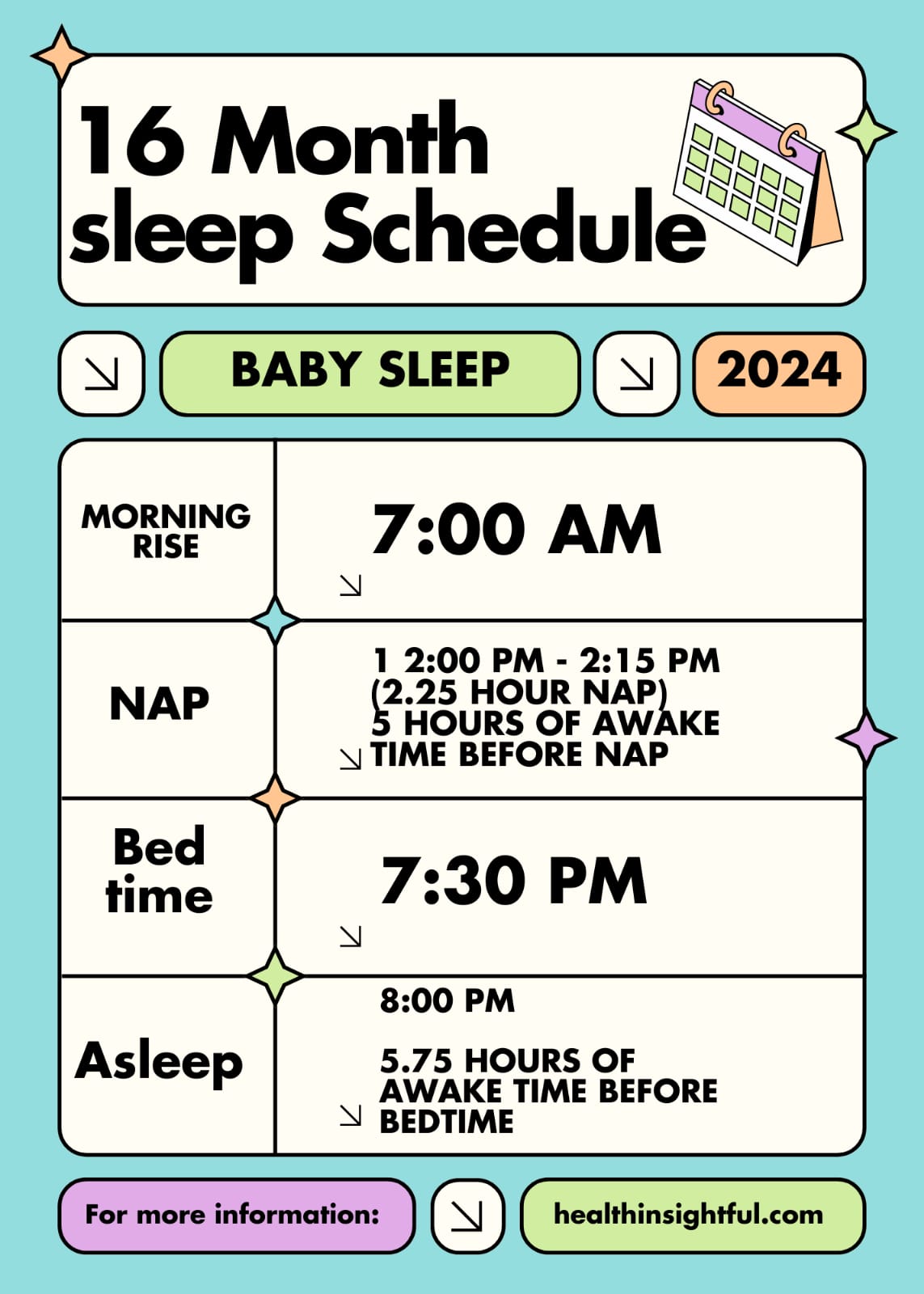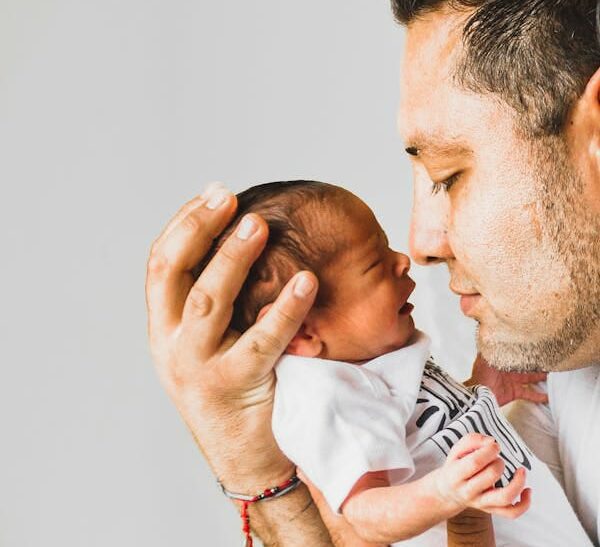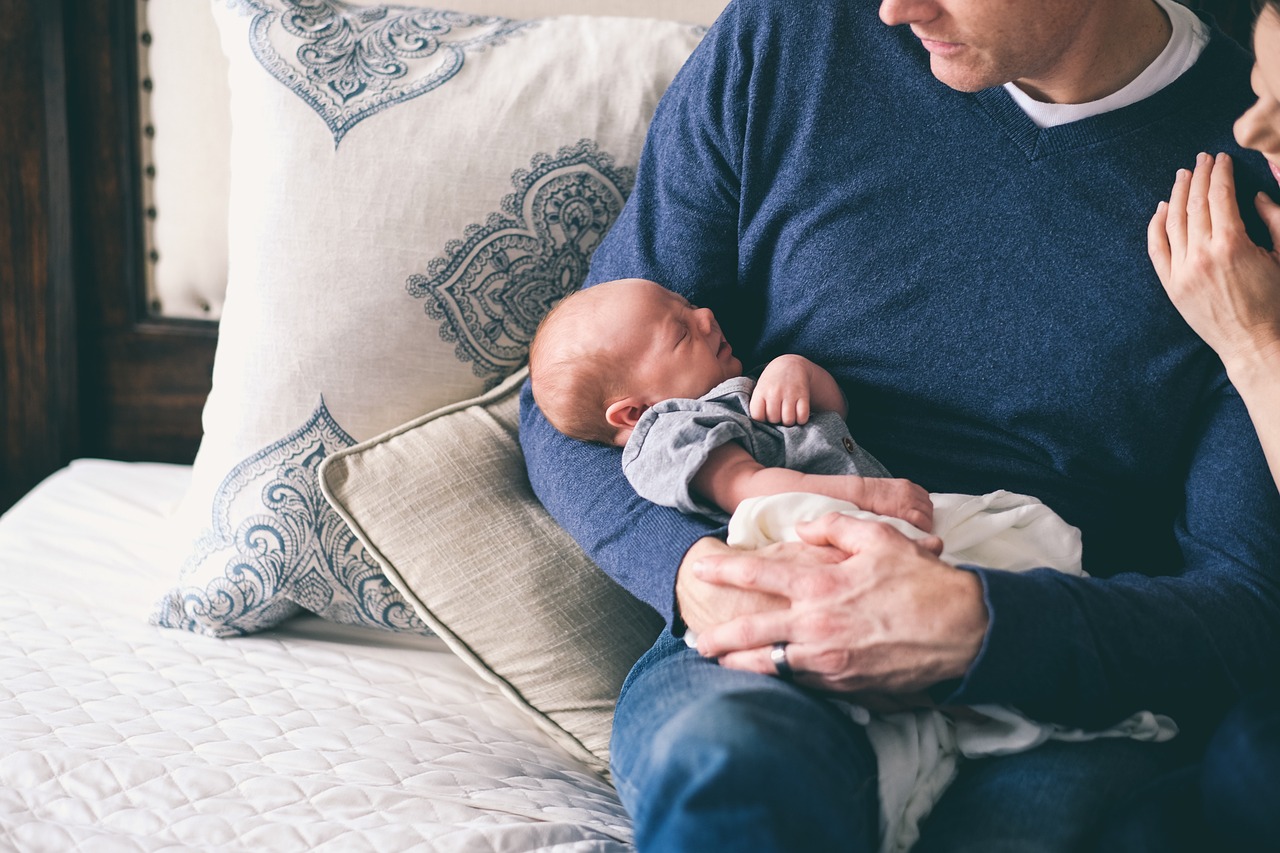Frequent nighttime wakings for babies are exhausting, both for the parent and the infant. While one does expect babies at least for the early months to wake up during the night, infrequent awakenings can sometimes point to problems at the root. Being able to identify what causes this to happen and learning how to address the root may make for restful nights for everyone concerned.
Why Do Infants Wake Up at Night?
Newborns and young infants wake up at night naturally because of how their sleep cycles are forming. However, in case your baby wakes more than expected, a whole variety of factors can explain these disturbances.
1. Hunger
This is the most common reason why babies and young infants wake up in the middle of the night-the fact that they are hungry. Babies are small and have small stomachs, meaning they need to eat every few hours. This explains why night feedings are so crucial in beginning months.
Solution
- Feed on Demand: Ensure the baby has enough milk or formula during the day. Younger babies may still wake up at night to eat, so follow the hunger cues of the baby.
- Gradual Weaning: You may gradually increase the time between nighttime feedings as your baby gets closer to reaching his sleep milestone. You can consult your pediatrician for when your baby will be ready to sleep longer and not need to eat.
2. Sleep Associations
Associations are drawn whereby infants learn to sleep under certain conditions such as rocking, nursing, or even cuddling. In such a case, it is hard to get back to sleep on waking up without such conditions.
- Self-Sleep: Enable your baby to fall asleep by himself and avoid sleep associations that your baby may develop. Place your baby down sleepy but awake so he can self-soothe in his sleep.
- Constant Sleep Environment: Let your baby have a similar sleep environment in the middle of the night as he would have in the start of the night while putting him to sleep.
3. Teething
The teething pain keeps the babies awake and causes disturbed sleep with multiple awakenings. During the periods of teething the swelling of gums, drooling and irritability interferes with the continuity of the baby’s sleep.
Solution
- Relieving Teething Pain: Provide a cold teething ring or a cold washcloth for your baby to chew during bedtime. If the pain becomes unbearable, consult your pediatrician regarding pain relievers available for babies.
- Additional Comfort: During periods of teething, some give in to extra comfort and reassurance but try not to create any new sleep association that may become unwanted later on.
4. Regression in Sleep
Sleep regressions may be defined as small periods of time wherein the sleeping pattern of an infant gets disrupted caused usually by reaching some form of developmental milestone in life. General sleep regressions occur at 4, 6, 8, and 12 months of age when infants may learn some new skill either rolling, crawling, or even standing.
- Establish a Pattern: Stick to a normal night-sleep pattern with your baby. Although disturbed sleep is expected during sleep regressions, a routine will bring predictability that now it’s time for them to sleep.
- Be patient:As sleep regressions will often resolve themselves within a short period of time when your baby has learned to adapt to their new skills. Give them extra comfort where it is needed, yet do not make extreme changes in sleeping habits; these may indeed cause long-term problems with regard to the child’s sleeping behavior.
5.Over-tiredness
An overtired baby may experience heightened difficulty in falling and staying asleep. Overweariness causes the production of stress hormones, including cortisol, which really works against a baby in quickly settling down and remaining asleep.
Solution:
- Watch for age-appropriate wake windows: Pay extra attention to your baby’s wake windows and look out for them being up for too long between naps. Appropriate wake windows for age will cut down on overtiredness.
- Watch sleepy cues: Be watching for sleepy cues, at which time you should immediately start the process of your baby getting to sleep.
6. Discomfort
Conditions that make a baby feel uncomfortable-like the room temperature being too hot or cold, having a cold or fever, or uncomfortable clothes they may wear-can be a cause for frequent wakings. Sometimes babies cannot tell their parents that they feel uncomfortable, but this seriously affects sleeping.
- Check the Sleep Environment: Keep your baby’s room comfortable, ideally between 68-72°F or 20-22°C. Dress your baby in sleeping clothes to keep him comfortable, like a light, breathable one-piece or sleeper-footed romper, and a sleep sack if he needs another layer and you are worried about over-dressing.
- Watch for Illness: If your wakeful baby acts fussy or ill, he may be suffering from an illness of some sort including anything from a cold to an earache to reflux. If you suspect a medical issue is the cause for disturbed sleep, consult with your pediatrician.
7. Separation Anxiety
Separation anxiety causes babies to wake up more frequently, perhaps around the age of 6-12 months when they start developing an awareness of their surroundings. During this phase, infants become really distressed once they realize their separateness while lying in the crib.
Solution:
- Reassurance: Comfort and reassure your baby, but try not to get into a pattern of lifting them whenever they wake. Give time for your baby to learn to self-soothe and fall back to sleep on their own.
- Comfort Object: Give your baby a comfort object-for example, a favorite blanket or soft stuffed animal-to help your baby feel secure when you’re not there.
How to Avoid Night Waking
While frequent sleep disruptions certainly come with the territory when one has a baby, there are indeed ways to offset this frequency and encourage longer, more restorative sleeps for one’s baby.
1. Establish a Sleep Routine
A bedtime routine is one method of signaling to your baby that it’s almost time to sleep. Include calming activities in your bedtime routine, such as a bath, massage, or reading a book. This can promote good associations with sleeping because of the repetition each night, thus helping the baby to fall asleep.
2. Create a Sleep-Friendly Environment
Let the sleeping environment of your baby beconducive to calling for restful sleep. The ideal sleeping environment for babies is to be dark, quiet, and at a comfortable temperature. One may consider blackout curtains to block out light, as well as the use of a white noise machine to drown out the background sounds that might wake your baby.
3. Teach Self-Soothing
The most effective countermeasures against frequent night wakings are teaching your baby self-soothing. Lay him down drowsy but awake so he can learn to go to sleep by himself; this, in turn, will decrease his expectation for external help when he wakes up during the middle of the night.
4. Keep Nap Times on Watch
Though the nap is an important component in the development of a baby, too late a nap may interfere with nighttime sleeping. Pay attention that your baby gets enough daytime sleep, yet try to avoid naps which are too close to bedtime.
5. Gradually Reduce Night Feedings
With age, your infant will require less frequent nightly feedings. To help your baby sleep longer without having to wake up for night feeds, you can try slowly reducing how often they feed at night, by extending the time between each feed or having them consume less at night.
When to Seek Help
While night wakings will be the expected course of affairs in infancy, of course, consultation with a pediatrician or sleep professional can become hugely valuable at times. If your baby’s sleep disruptions seem to be influencing his or her health, mood, or sense of well-being, or if you simply find yourself at your wit’s end, then do reach out for support. In some cases, sleep apnea, reflux, or allergies can be underlying conditions that make sleep fitful and would call for a checkup with a physician.
Final Thoughts
Frequent night wakings in babies can be quite tough; however, you might be able to help your baby learn good sleep habits with the proper strategy. We address the different causes, and maintenance of proper sleeping schedule will try to get independent sleep that ensures better and more restful nights for the baby and the family. It takes time, but rewards come with patience and persistence in this sleep journey, and your baby will grow into a more consistent sleeper.










